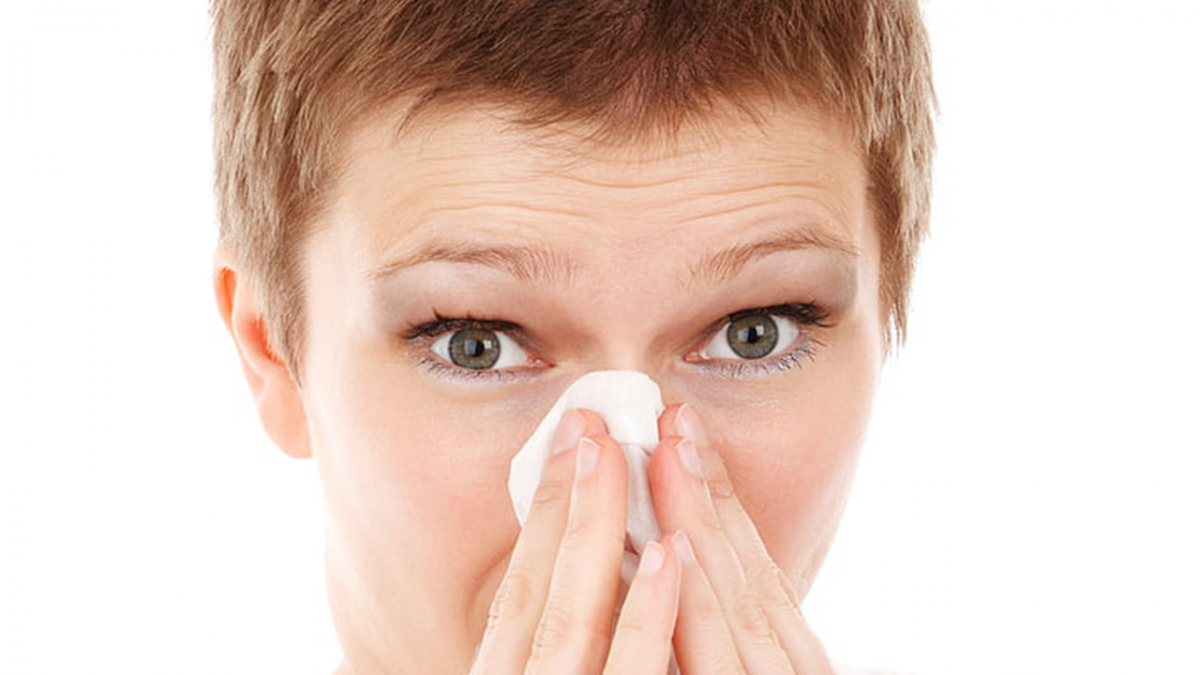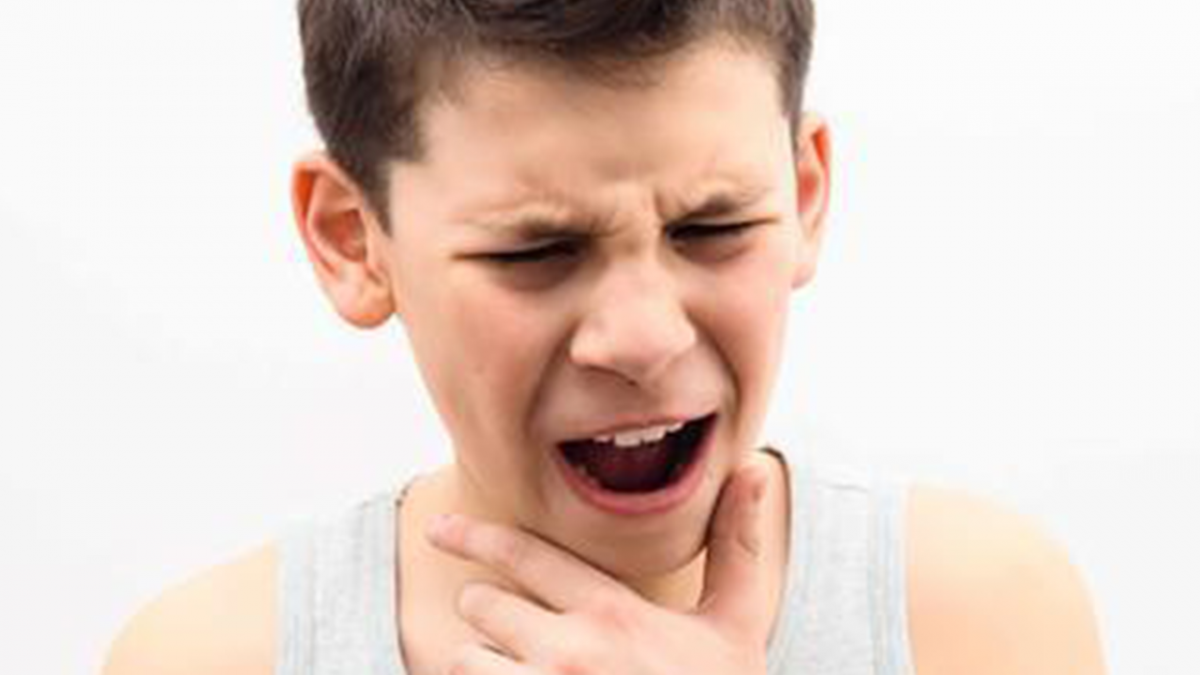Advertisement
The relationship between colds and the worsening of rhinitis symptoms is influenced not only by viral infections but also by individual immune responses and allergic mechanisms. When a cold occurs, viral infections can trigger local inflammatory responses in the nasal cavity, leading to nasal mucosal swelling and increased secretions, resulting in symptoms like nasal congestion and a runny nose. For sensitive individuals, the symptoms of allergic rhinitis, which include frequent sneezing, itchy nose, and nasal obstruction, are likely to worsen when they are also infected with a cold virus, causing greater discomfort for the patient.

From a medical perspective, the relationship between colds and rhinitis is closely linked to environmental factors. For instance, changes in climate, declining air quality, and pollen seasons can exacerbate the symptoms experienced by rhinitis patients. During colder weather, the transmission of viruses becomes more frequent, particularly in dry winter conditions, where reduced humidity can make the nasal mucosa more vulnerable to viral attacks. Against this backdrop, symptoms for allergic patients often intensify when a cold strikes, manifesting as more severe nasal congestion, runny nose, and sore throat.
In terms of treatment strategies, reliance should not only be on medication but also consider lifestyle adjustments. Strengthening the immune system is crucial in preventing colds; maintaining a healthy diet, regular sleep patterns, and moderate exercise can help enhance the body's resistance. Moreover, avoiding known allergens, such as dust mites, mold, and pollen, is also vital in reducing the frequency of allergic rhinitis flare-ups.

When cold and rhinitis symptoms overlap, patients seeking medical assistance should describe their symptoms in detail so that doctors can make accurate diagnoses and develop personalized treatment plans. In addition to medication, patients may also try using saline nasal rinses to alleviate nasal congestion and keep the nasal passages moist, thereby reducing inflammatory responses. Ultimately, once symptoms improve, the use of medications should be gradually decreased to minimize the risk of side effects and ensure the overall health of the patient.
Advertisement




